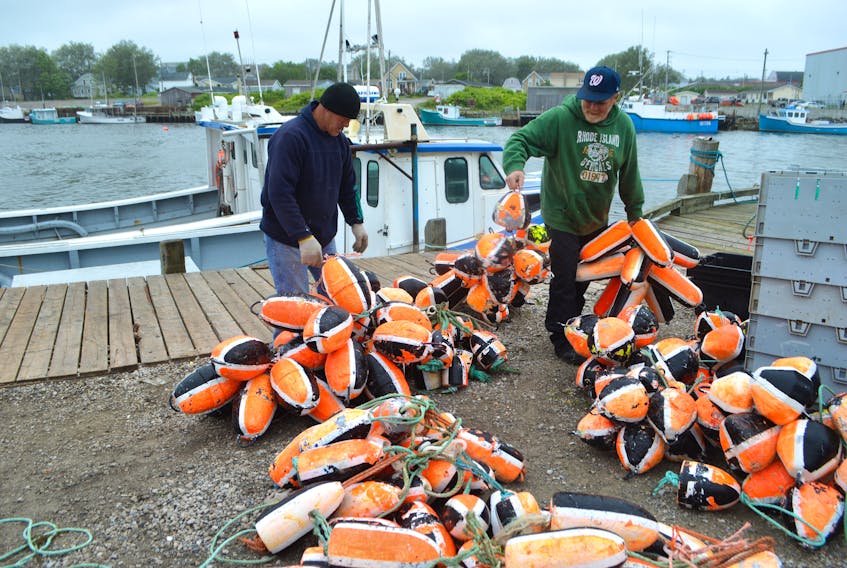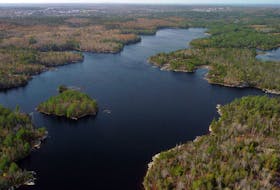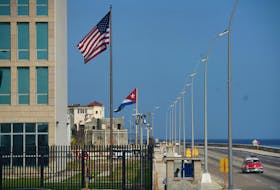JOSH LAUGHREN
As the federal government prepares the throne speech for Sept. 23, Prime Minister Justin Trudeau has rightly emphasized the importance of planning for a green and just recovery from the COVID-19 crisis. The $32-billion “blue economy” — our oceans — must be part of this strategy.
The pandemic, climate change, habitat destruction and persistent overfishing have made it more urgent than ever that we invest in our oceans as the Earth’s most important life-support system. Canada now has a unique and powerful opportunity to make our oceans part of a sustainable recovery from COVID-19.
According to government figures, the oceans are a source of approximately 350,000 jobs in Canada — often in communities with few other employment options. The term “blue economy” is a flexible one that can include almost anything related to the ocean: energy, shipping, tourism, recreation, aquaculture, transmission cables and much more. But now, more than ever before, we cannot afford to ignore the original and still vital foundation of the blue economy: wild fish to support the domestic seafood industry.
Canada’s fisheries have been severely depleted over many decades, to the point where Oceana Canada’s latest fishery audit shows that only about a quarter of them can confidently be considered healthy. The value of Canada’s wild-caught seafood is dominated by a few shellfish species like lobster, crab and shrimp, leaving little room for error. And the situation is not improving. Our annual audits show that the overall health of Canada’s fish stocks continue to decline. The number of healthy populations has decreased from 2017 to 2020, despite new investments in science and management.
The outcomes of Canada’s current approach to fisheries management has real costs for Canadians and coastal communities. A recent study by Rashid Sumaila and Louise Teh at the University of British Columbia, commissioned by Oceana Canada, showed rebuilding fisheries can deliver long-term economic and social gains for five of the six high-valued stocks they studied. The most optimistic scenario estimated a gain of 11 times more economic value than today. As we have seen from examples all over the world, wild fish populations will usually rebound if we just give them a chance. Failure to do so represents a massive loss for future generations.
There is reason for hope. Successive governments under the leadership of Trudeau have restored funding to fisheries science, improved the transparency of fisheries data and greatly increased the amount of marine habitat protected. And the modernized Fisheries Act, which became law last year, requires depleted fish stocks to be rebuilt. But laws are only effective if implemented, and so far, the regulations needed to support the act have not been completed.
Trudeau and the minister of Fisheries, Oceans and the Canadian Coast Guard, Bernadette Jordan, have stated that the blue economy is essential for Canada’s economic recovery. In fact, it is so important it is at the top of the fisheries minister’s mandate letter. Just two months into the pandemic, Trudeau urged us all to “buy Canadian” to “help the people who keep food on our plates,” as his government invested $470 million to help fisheries recover. But you can’t buy Canadian fish if there are no fish to catch. And in many communities along all three coasts, without fish to catch there will be no long-term recovery.
This throne speech and new mandate will be a watershed moment in Canadian history. Canada’s deputy prime minister and newly minted minister of finance recently said that our country’s economic recovery needs to be green, equitable, inclusive and focused on jobs and growth. We agree.
There is no green recovery without a blue economy, and no blue economy without fish.
Josh Laughren is the executive director of Oceana Canada, an independent charity established to restore Canadian oceans to be as rich, healthy, and abundant as they once were.









